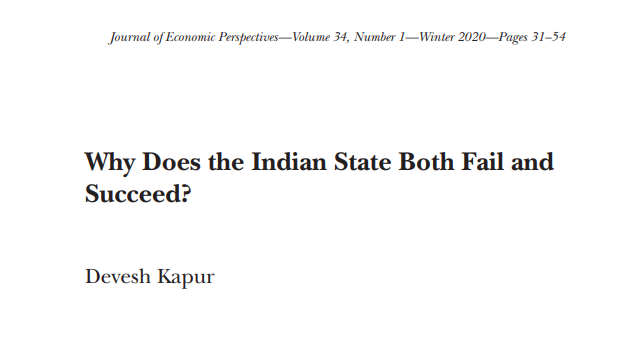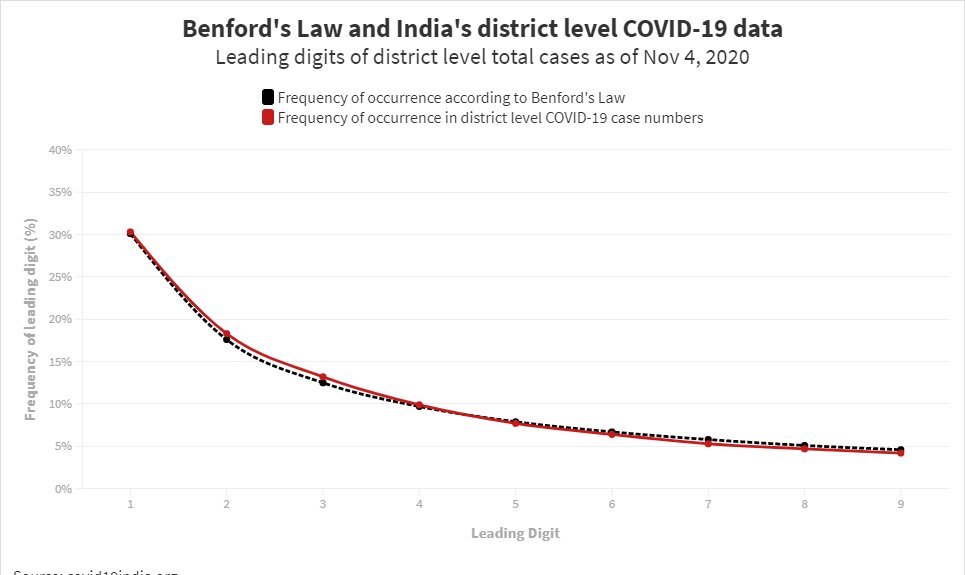
A proposed change in WhatsApp’s #privacy policy has dominated headlines and prompted users worldwide to rethink their choice of messaging apps. Since then, WhatsApp has undertaken multiple efforts to clarify how the change affects users. #thread
(1/n)
(1/n)
https://twitter.com/davidmarcus/status/1348351094687113217
WhatsApp has over 400 million monthly active users in India (one-fifth of their global user base) and handles over 1 billion messages a day globally tcrn.ch/2XKWiib
WhatsApp Business claims to have 50 million users globally bit.ly/35NIeIY
(2/n)
WhatsApp Business claims to have 50 million users globally bit.ly/35NIeIY
(2/n)
#WhatsApp also decided to push the change to May instead of February, to assuage user privacy concerns and stem the flight of users to competing apps like #Signal and #Telegram that saw millions of signups last week. cnn.it/3srOHTP
(3/n)
(3/n)
One of the most talked about alternatives is Signal, whose commitment to privacy and minimal approach to data collection has made them the front-runner in the race for secure personal messaging apps. bit.ly/3oSYGzk
(4/n)
(4/n)
@signalapp is a fully #opensource messaging app and is the first choice for privacy-minded users. bit.ly/3qpZ0G4
Signal is set up as a non-profit and relies on donations to fund development of the app and to keep it running. signal.org/blog/signal-fo…
(5/n)
Signal is set up as a non-profit and relies on donations to fund development of the app and to keep it running. signal.org/blog/signal-fo…
(5/n)
Another competitor is Telegram, an effort by Pavel Durov, a Russian entrepreneur. They offer secret chats that are end-to-end encrypted, but most other interactions in the app are not as secure. bit.ly/2Nde5fS
(6/n)
(6/n)
Their track record with #privacy and refusal to share user data with governments has resulted in the app being banned in some countries that cite national security concerns.
nytimes.com/2018/05/02/wor…
(7/n)
nytimes.com/2018/05/02/wor…
(7/n)
@telegram intends to become financially sustainable using public channels (similar to a social media feed) that businesses can advertise on and offer other premium features, while keeping private chats free.
t.me/durov/142
(8/n)
t.me/durov/142
(8/n)
WhatsApp’s attempts to integrate with other Facebook products began in 2016 when they started sharing Whatsapp user contact information with Facebook for analytics and targeted ads. bit.ly/2XL86AL
(9/n)
(9/n)
In the latest change, WhatsApp has reiterated that the content of users’ messages is private thanks to end-to-end encryption
faq.whatsapp.com/general/securi…
(10/n)
faq.whatsapp.com/general/securi…
(10/n)
However, their stand on linked data like user contact lists, location and usage behaviour is shaky, as they are available to them for mining/monetizing and potentially sharing with Facebook in the future. bit.ly/3oYrhU0
(11/n)
(11/n)
Apple’s @AppStore Privacy labels provide insight into the different kinds of data that each of these messaging apps can collect and link to users.
(12/n)



(12/n)




Here is a recent study comparing the security and privacy elements of popular messaging apps by J. Botha, C. Van ‘t Wout from @CSIR and L. Leenen @UWConline
(Link to PDF) bit.ly/2XKkGk1
(13/n)
(Link to PDF) bit.ly/2XKkGk1
(13/n)
securemessagingapps.com by Mark Williams gives a comprehensive technical comparison of personal #messaging apps’ privacy and #security features
(14/n)
(14/n)

• • •
Missing some Tweet in this thread? You can try to
force a refresh







